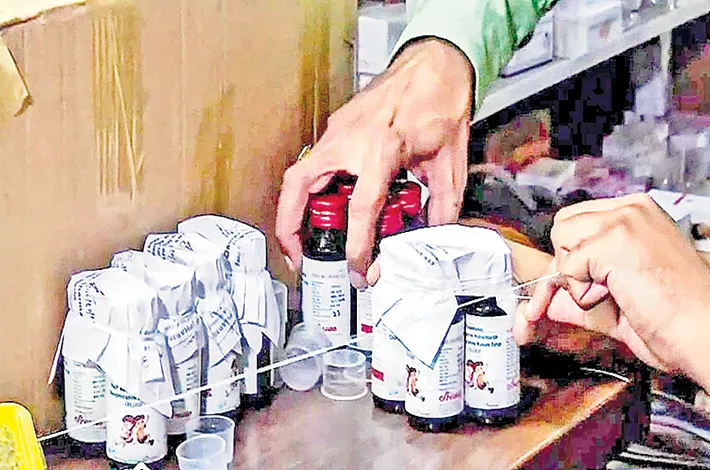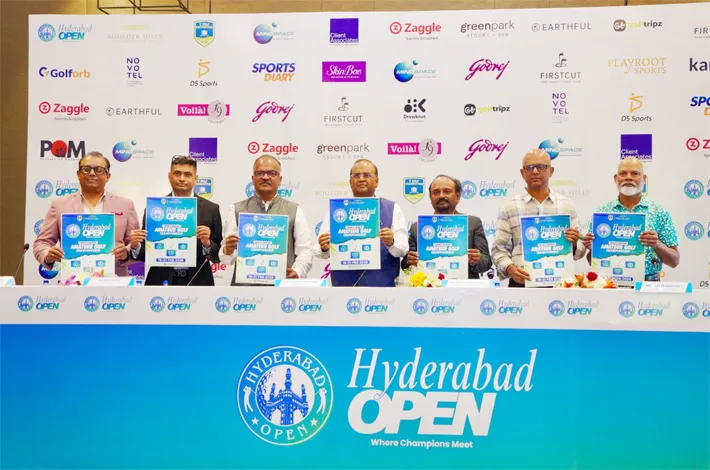Cough Syrup Tragedy: Doctors call for stricter drug surveillance
17-10-2025 12:00:00 AM

Metro India News | Hyderabad
Following the tragic deaths of dozens of children due to contaminated cough syrups, World Health Organization (WHO) identified three dangerous syrups that should be banned from use- Coldriff, Respifresh TR, and ReLife. Doctors across the city have reacted to the changes occurring, re-emphasizing safety standards.
The incident has triggered certain changes specifically on the medical practice, manufacturing surveillance of the medicine stock, also stressing on the patient awareness. Corrections and extra precautions are being followed highlighting that only the regulatory-approved medicines should be used for children ensuring stricter regulations and safety standards.
Dr. Babu S. Madarkar noted that many parents began questioning the prescriptions after the news broke, being anxious from the real seasonal cough and cold cases. He clarified that as per the reports, the findings so far suggest the deaths were not due to the actual syrup or the active drug compound, but a diluent of which the dosage was increased. Specifically, it is discovered that a dosage of 48 to 50 percent of the diluent called diethylene glycol (DEG) has been added in some batches, whereas the actual dosage is supposed to be 0.5 percent.
Adding that this excessive concentration was the cause for the fatal toxicity, Dr. Babu asserted on how dosage levels create a possible impact. “Same medicine is often given for both the siblings, which can also cause an effect because the dosage differs based on the weight of the kids”, he added. He acknowledged that pediatricians must now be even more careful in explaining risks, guiding parents, and counselling them with patience and clarity, suggesting to avoid Cough suppressants like dextromethorphan for children less than 5 years. Dr. Babu and his team have begun counseling sessions for parents, distributing pamphlets providing them information. Verified online links & resources are being shared to help families make informed decisions and to educate patients.
Dr. Vittal Kumar, a senior pediatrician at Care Hospitals, Banjara Hills explained on the shift in the prescription habits. “We don’t usually use cough syrups,” he added saying that the prescriptions are reassured as per the Drugs Control Administrations (DCA) and Foreign Direct Investment (FDI) norms. He emphasized that children mostly have dry cough for which Antihistamines are used instead of syrups. He suggests on scrutinizing the composition and quality of any syrup rather than focusing cheap and affordable medicines.
Dr Srinivas Reddy, pediatrician at Srinivasa Children’s Clinic, Vivekananda Nagar, commented that the incident exposed a safety net. “We always assumed that regulatory oversight and double check means that we could trust medicines,” he added. Now, he and his colleagues are instituting their own checks before prescribing and verifying batch numbers, inspecting manufacturers, and demanding accountability.
The systemic changes are essential, and certain steps like strict penal provisions and batch wise re checks are to be followed to prevent the occurence.








